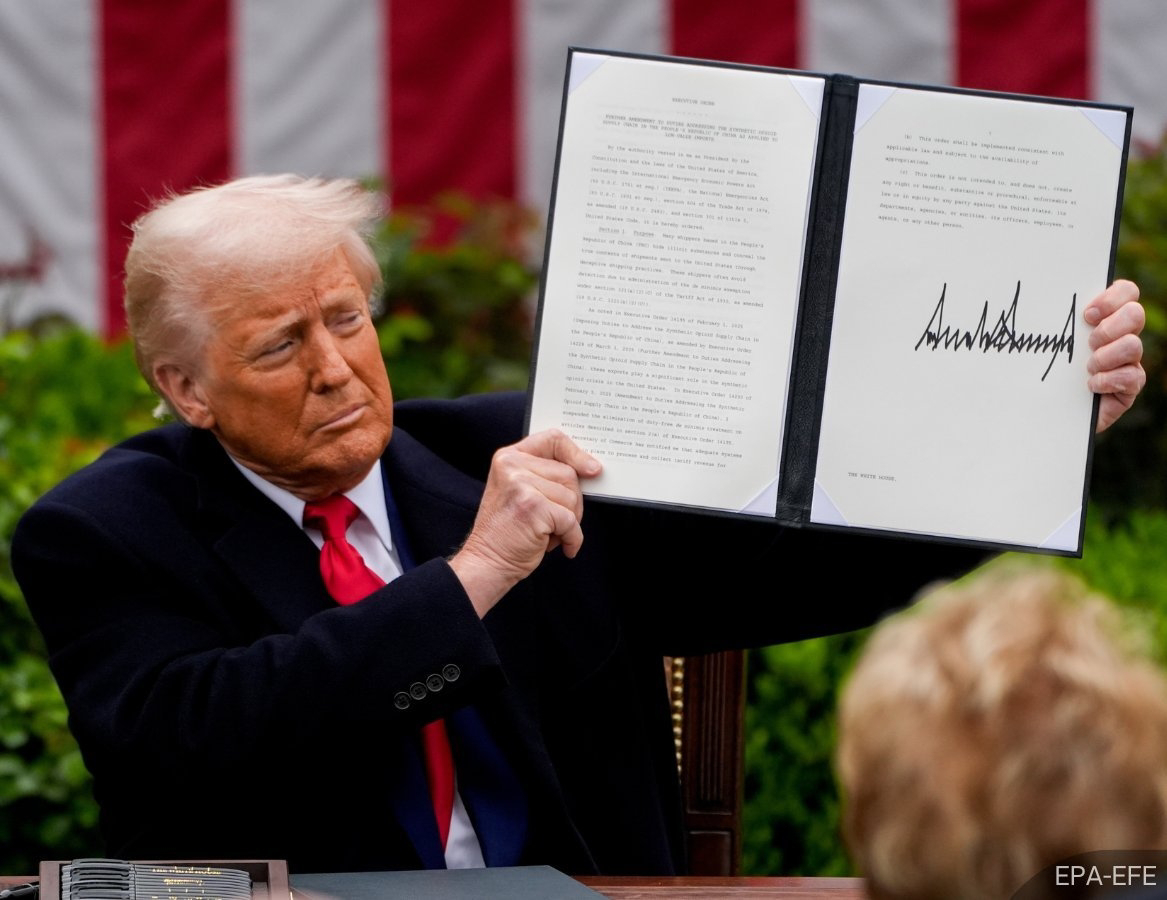U.S. Tariffs on Malaysia: A Surprise or a Historical Repetition?
Recently, many were "shocked" when the United States (U.S.) imposed tariffs on Malaysia. In reality, Malaysia is not the only country affected—Trump intends to impose tariffs on nearly the entire world, including close allies such as Israel.
However, for those familiar with Trump’s administration, tariffs should not come as a surprise. During his first term (2017–2021), Trump ignited a trade war with China by imposing higher tariffs on Chinese goods. Now, he is returning with a similar strategy.
Why Is Trump Obsessed with Tariffs?
In simple terms, tariffs are taxes on imported goods designed to raise the cost of foreign products, thereby encouraging consumers to purchase domestic alternatives. This is not new for the U.S.—in the 19th century, the country was one of the most protectionist economies in the world, shielding its industries from competitors like the United Kingdom. As a result, the U.S. successfully developed its industrial base and overtook the U.K. as the world's largest economy.
However, after World War II, the U.S. could no longer rely on protectionist policies. With its rapidly expanding economy, the U.S. needed access to foreign markets for its products and services. Consequently, it began reducing tariffs and promoting free trade, shaping the global economic system we recognize today.
Trump’s Simplistic Approach to Trade
Trump perceives free trade as the root cause of the U.S. trade deficit—where imports exceed exports—which he equates to a financial loss. However, from an economic perspective, a trade deficit is not inherently detrimental. It is part of a globalization strategy where U.S. companies optimize costs by manufacturing products overseas, such as Apple assembling iPhones in China and Taiwan before reimporting them into the U.S.
Anti-globalization groups view this as problematic, arguing that U.S. corporations prioritize cheaper foreign labor over hiring American workers, leading to job losses domestically. This sentiment played a crucial role in Trump’s electoral victories in both 2016 and 2024.
Will Trump’s Tariff Strategy Succeed?
Trump believes that by increasing tariffs, both U.S. and foreign companies will be compelled to establish factories in the U.S. and hire American workers. If successful, he would be celebrated as a leader who genuinely prioritizes his people, while previous presidents would be criticized as "globalists" who undermined national interests.
However, today’s global economy is far too complex to be reverted to a simplistic protectionist model. The last time Trump imposed tariffs on Canada and Mexico, the move backfired, negatively impacting the U.S. economy. Most economists agree that Trump’s policies have been more damaging than beneficial, both for the U.S. and the global economy.
Implications for Malaysia and Appropriate Responses
Malaysia must prepare for the repercussions of U.S. protectionist policies. As a countermeasure, the country could impose retaliatory tariffs or seek negotiations for a more favorable agreement with the U.S. However, negotiating with Trump is no easy task—he is known for pressuring counterparts to extract maximum concessions.
For this reason, Malaysia has long taken steps to reduce its economic dependence on the U.S. With only 11% of its exports directed toward the U.S., Malaysia has strengthened ties with alternative economic blocs such as BRICS to diversify its markets and safeguard economic stability.
Some critics argue that this approach is "pro-China" or "anti-U.S." The reality, however, is that under Trump, the U.S. has emerged as a major threat to global political and economic stability. In this scenario, nations—including Malaysia—have little choice but to collaborate with alternative powers to counterbalance the uncertainties posed by U.S. policies.



Comments
Post a Comment